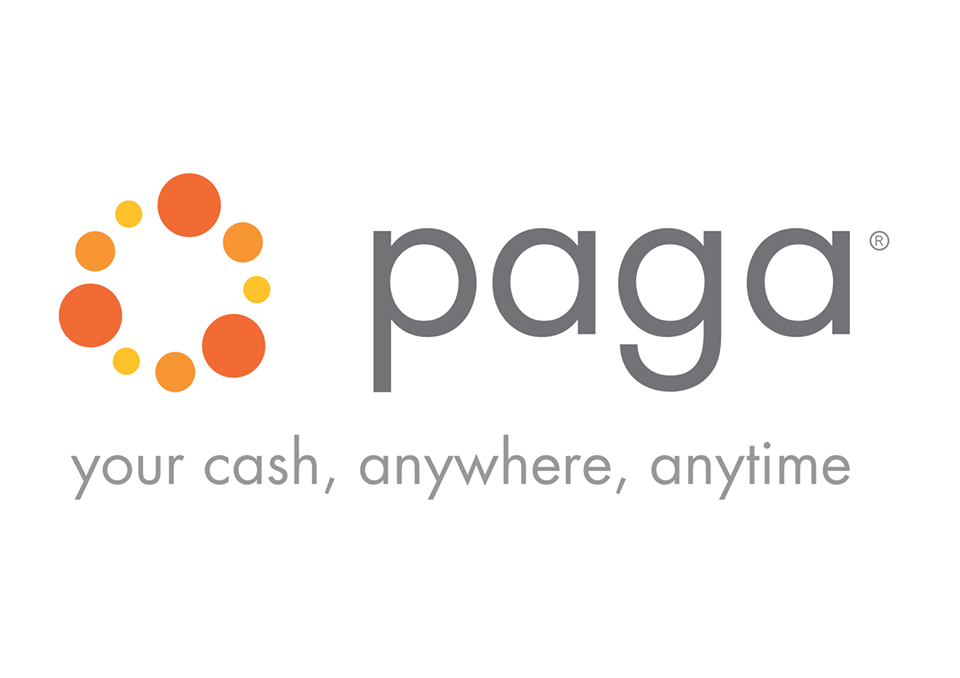Just as the Central Bank of Nigeria (CBN) in its recent Monetary Policy Committee (MPC) meeting retained rate at 14 per cent in view of the fragile nature of Nigeria’s exit from recession, the Bank of Ghana (BoG) is working on similar theory to keep its key rate above 20 per cent due to issues and concerns on inflation exceeding its target as economic growth looks up.
In Ghana, inflation seems to have hit a floor at about 12-13 per cent and faces upward pressure from energy prices in coming months.
However, the recent salutary maritime dispute with Ivory Coast has allowed drilling to resume in an offshore oil field, supporting economic growth and thus reducing the prospects of more rate cuts.
BoG had left its policy rate at 21 per cent at its monetary policy committee meeting on September 2 after cutting it at its preceding three meetings by a total 450 basis points. This ran counter to the expectations of five out of seven economists in a Bloomberg News survey who forecast a cut. The MPC opted to pause its easing cycle in view of emerging risks to the inflation outlook, according to a statement.
According to an editorial published by Ghana Business news, these risks appear to be centered on an uptick in core inflation to 14.7 per cent in August from 14.2 per cent in July and second-round effects from an increase in petroleum prices since August. The headline rate rose to 12.3 per cent from 11.9 per cent over the same period. Nonetheless, the MPC still stated that it sees inflation trending toward its 6-10 per cent medium-term target in early 2018.
IN Ghana, economic pundits say the decision to keep interest rates on hold is unlikely to materially impact economic growth. A drop in commercial bank lending rates below 30 per cent in August indicated that the easing of credit conditions is still permeating through into the private sector. The slow transition of policy rate reductions into commercial banking rates, which probably reflects a desire in the financial services industry to protect capital adequacy ratios, is likely to frustrate monetary policy makers. This will probably add to the case for further rate cuts in November or January.









